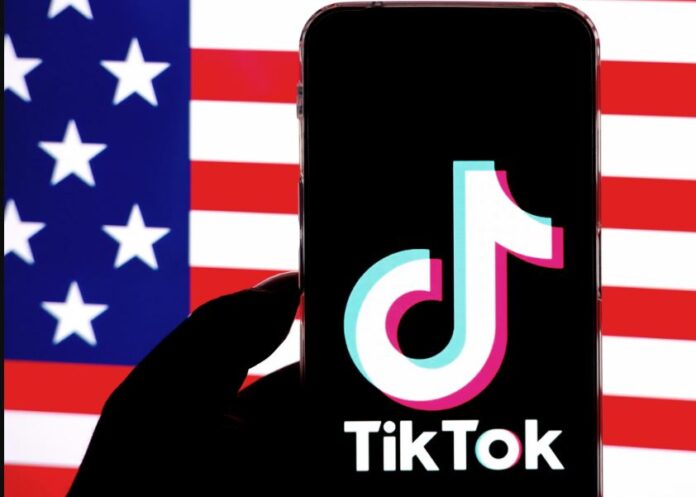In a move that will redefine social media landscapes in the United States, TikTok has announced plans to cease operations of its app on January 19, 2025. This decision comes in the wake of ongoing legal battles and regulatory challenges regarding data privacy and national security concerns linked to its Chinese parent company, ByteDance.
Starting Sunday, January 19, new users will no longer be able to download TikTok from app stores, and those who already have the app installed on their devices will find themselves unable to access it. This shutdown will effectively halt all services related to the app, including content creation, viewing, and interaction.
Existing users will lose access to the app, and new downloads will be unavailable.
The announcement has stirred significant reactions across the digital community, with users expressing a mix of disbelief, sadness, and frustration. Content creators who have built livelihoods around the platform are now facing an abrupt end to their income source, while millions of daily users are preparing to say goodbye to a platform that has become integral to their daily entertainment and social networking.
Also Read: With January 19 Deadline Nearing, TikTok Guarantees Job Security for U.S. Staff
This closure follows a year of intense scrutiny and legislative action. Congress passed a law last year mandating that ByteDance divest TikTok’s U.S. operations or face a ban, reflecting bipartisan concerns over data security and potential foreign influence. Despite efforts to comply, including negotiations for a sale or restructuring under U.S. oversight, no resolution has been reached, leading to this unprecedented shutdown.
The impact of TikTok’s absence will be felt across various sectors, from small businesses that relied on TikTok for marketing to influencers whose fame was built on the platform. Alternatives like Instagram Reels and YouTube Shorts are expected to see a surge in users as people seek new platforms for short-form video content.
As the countdown to January 19 continues, there’s a palpable sense of an era ending. The cultural footprint of TikTok, known for its viral challenges, dance trends, and the democratization of content creation, will be missed by its vast user base. The future of digital content consumption in the U.S. remains uncertain as we watch how this digital landscape evolves without one of its most dynamic players.



